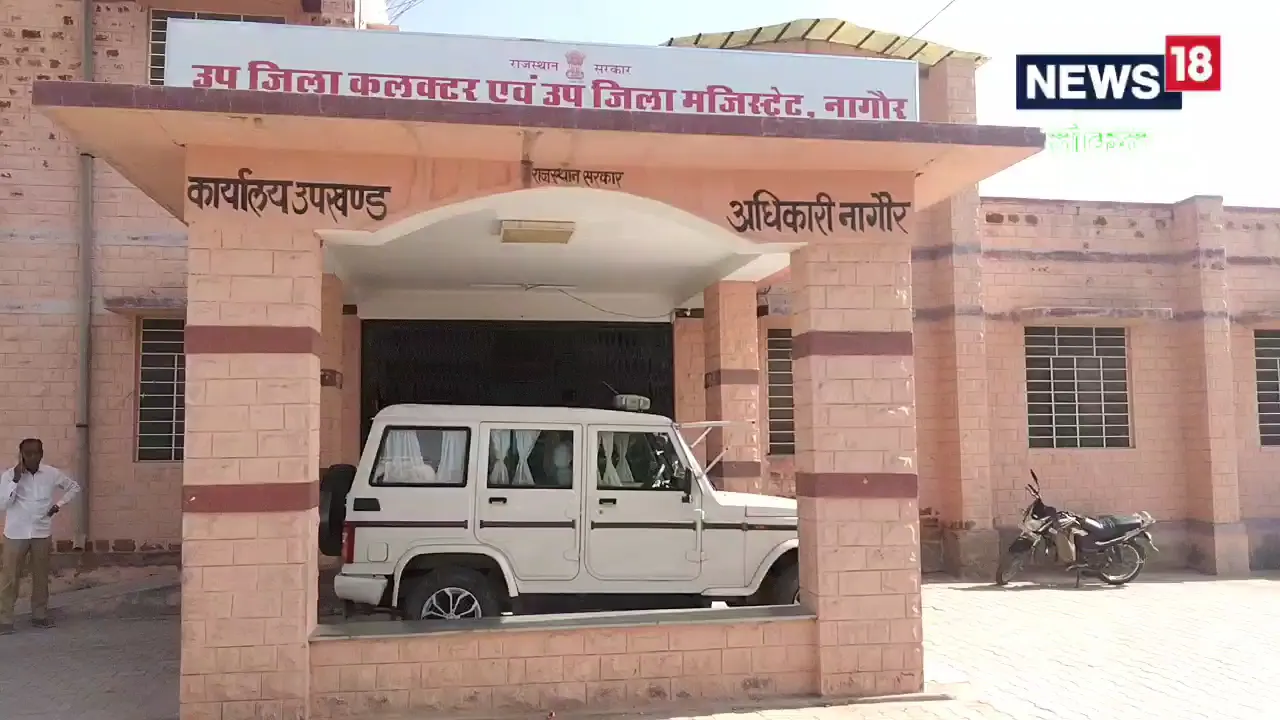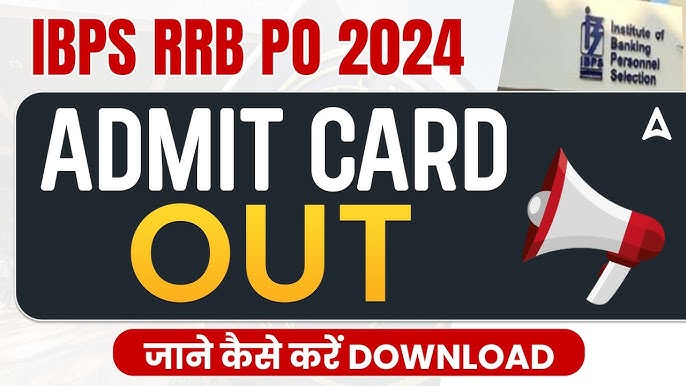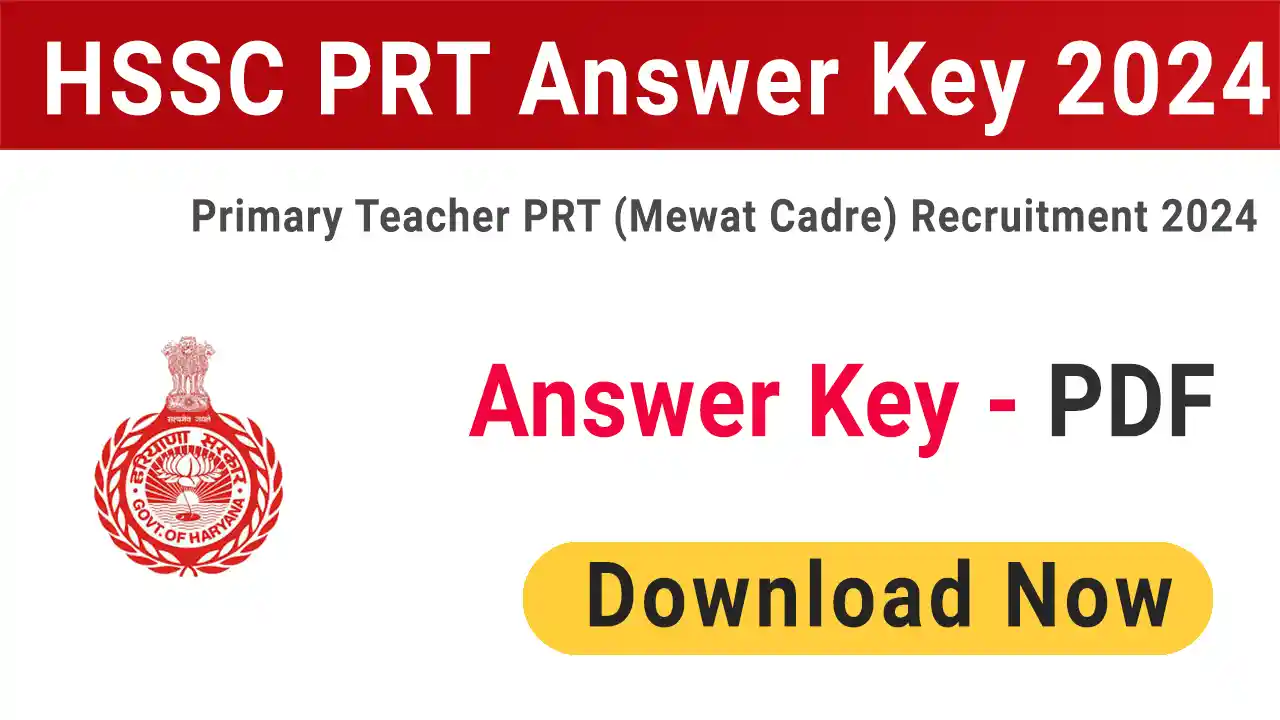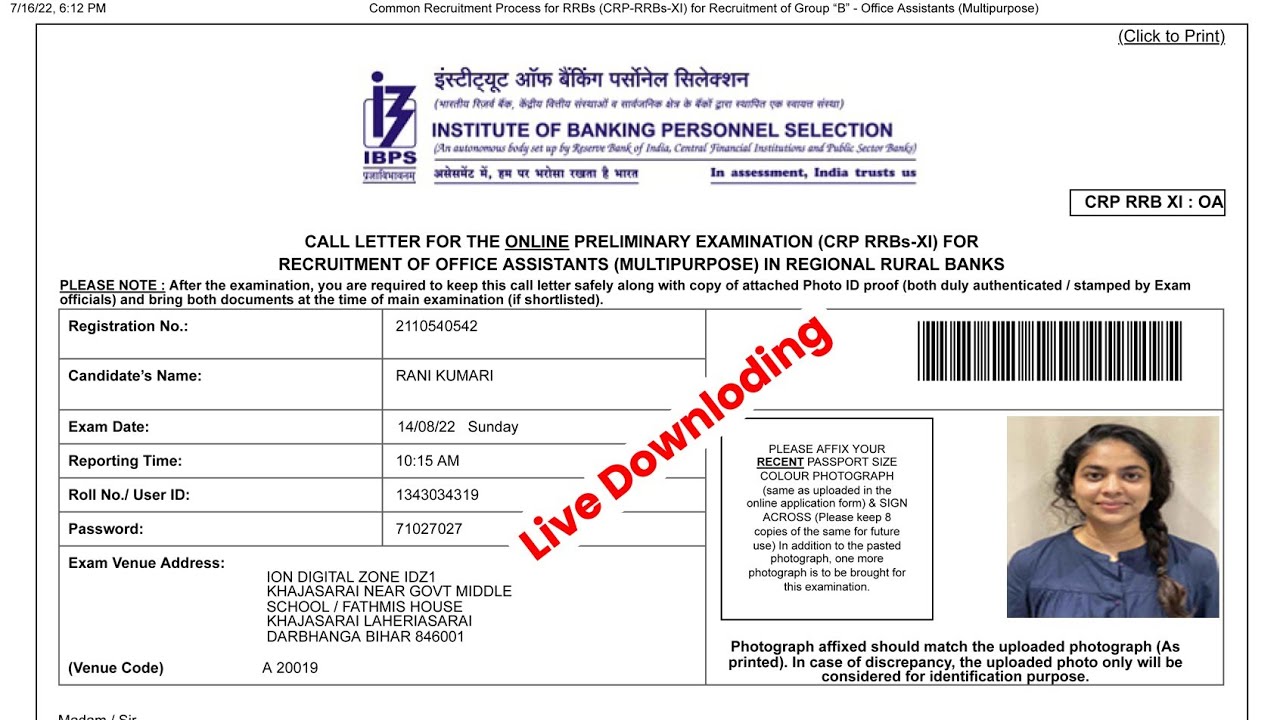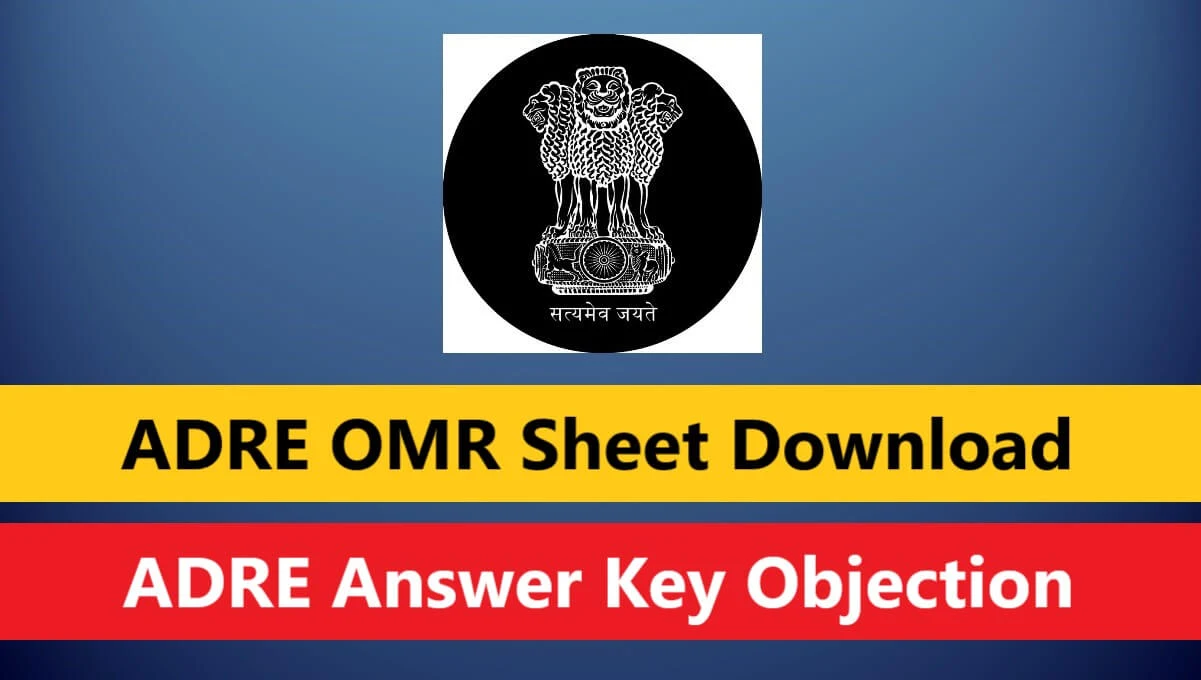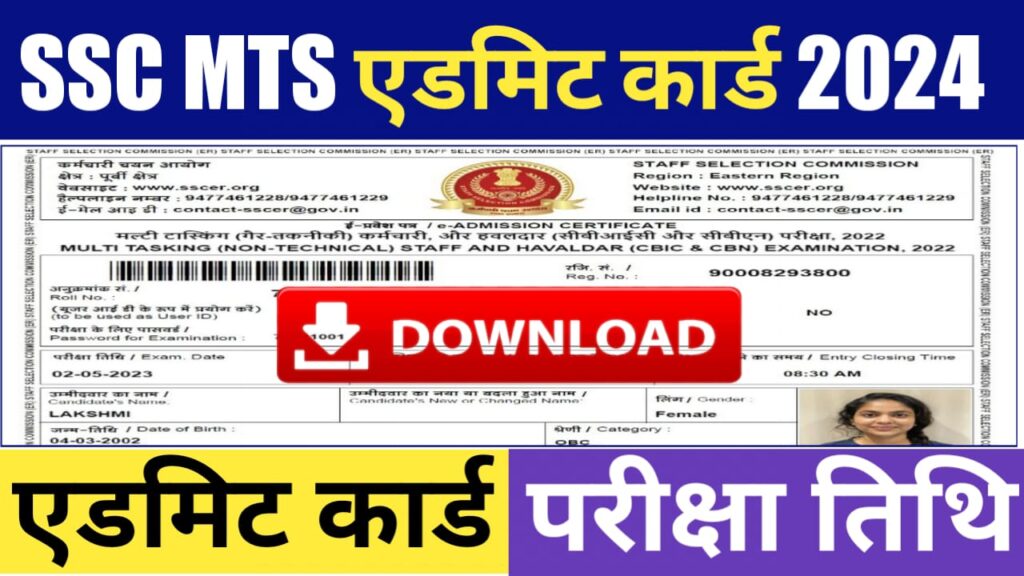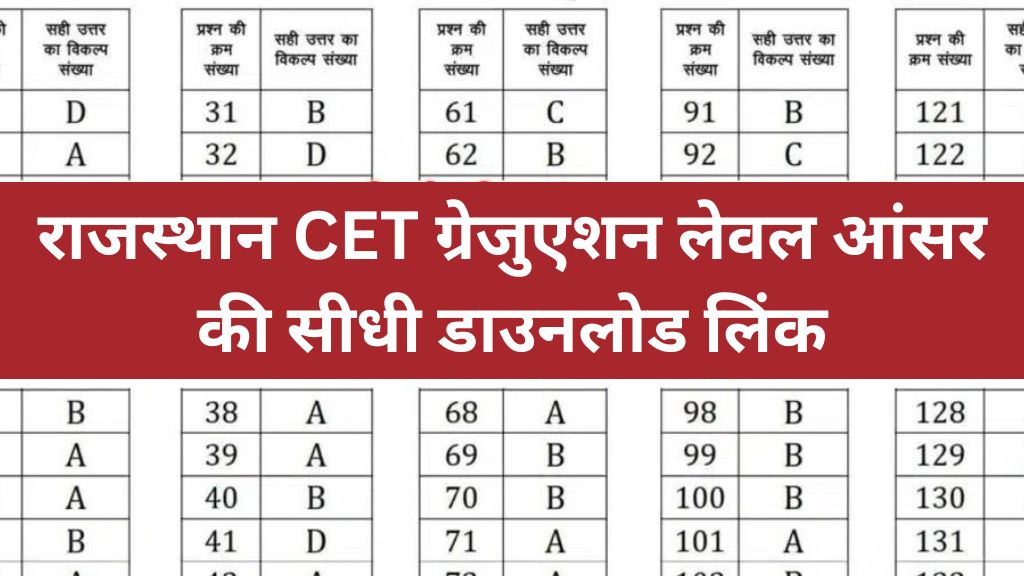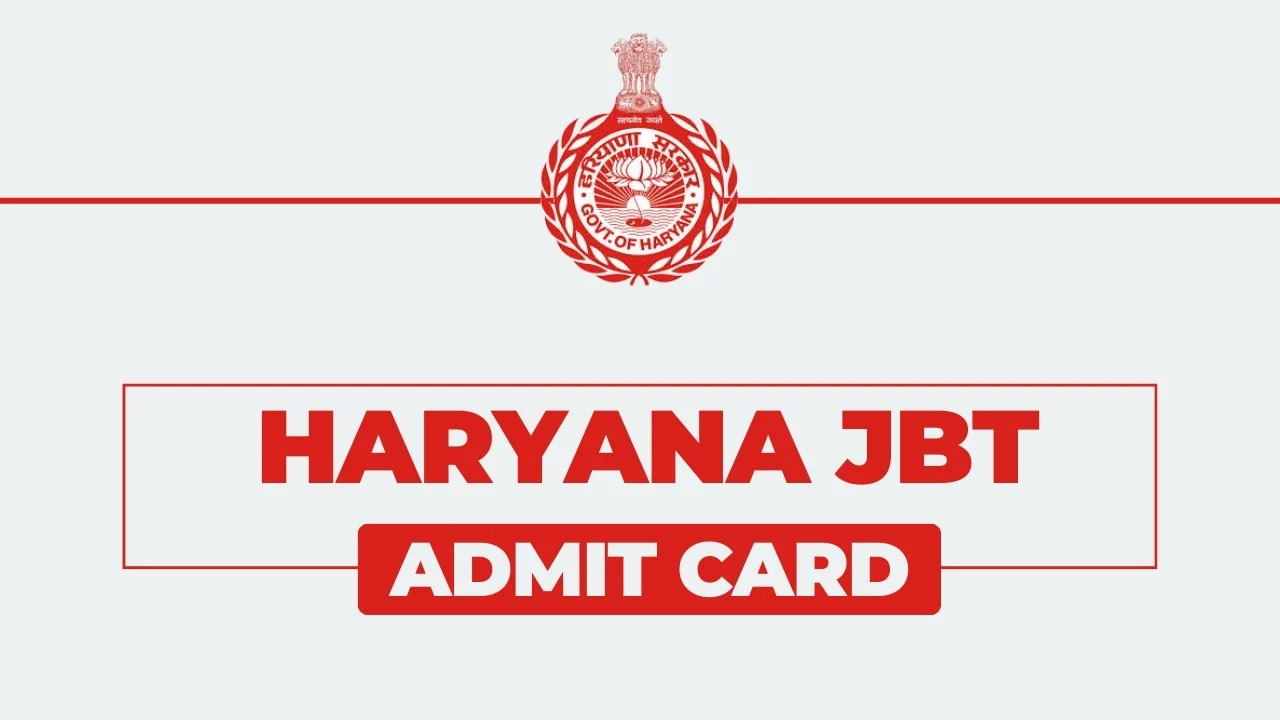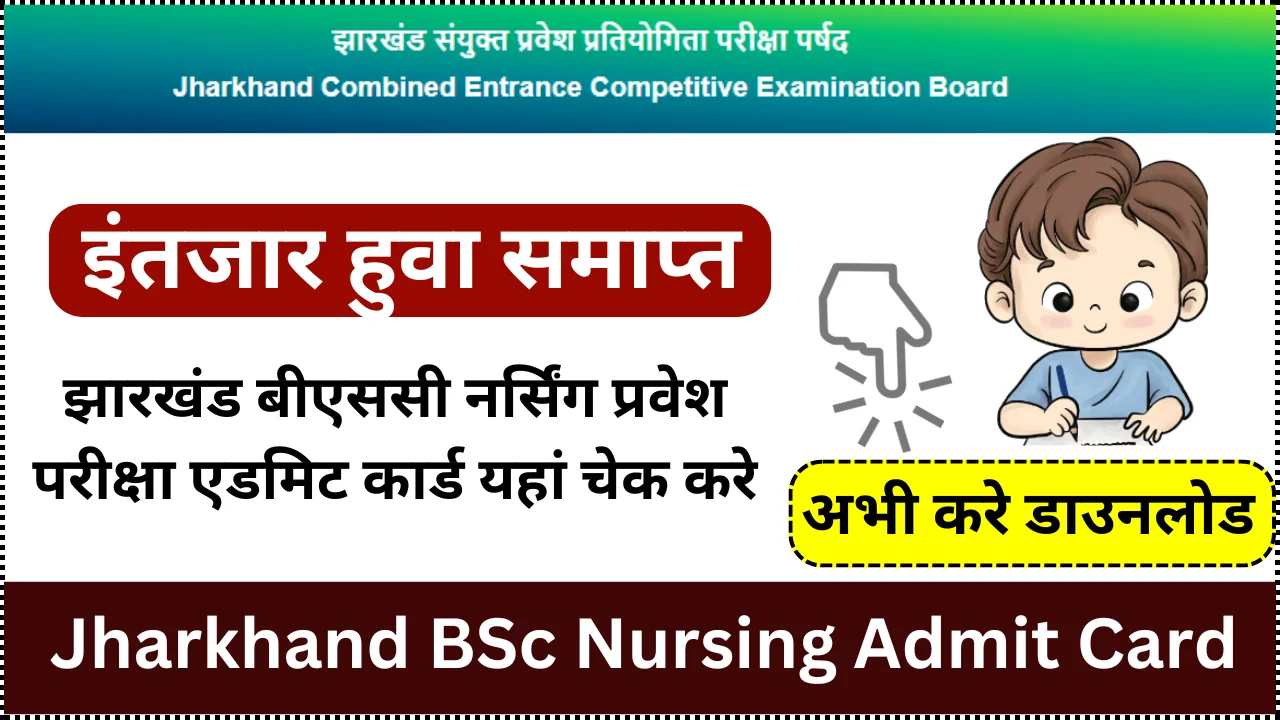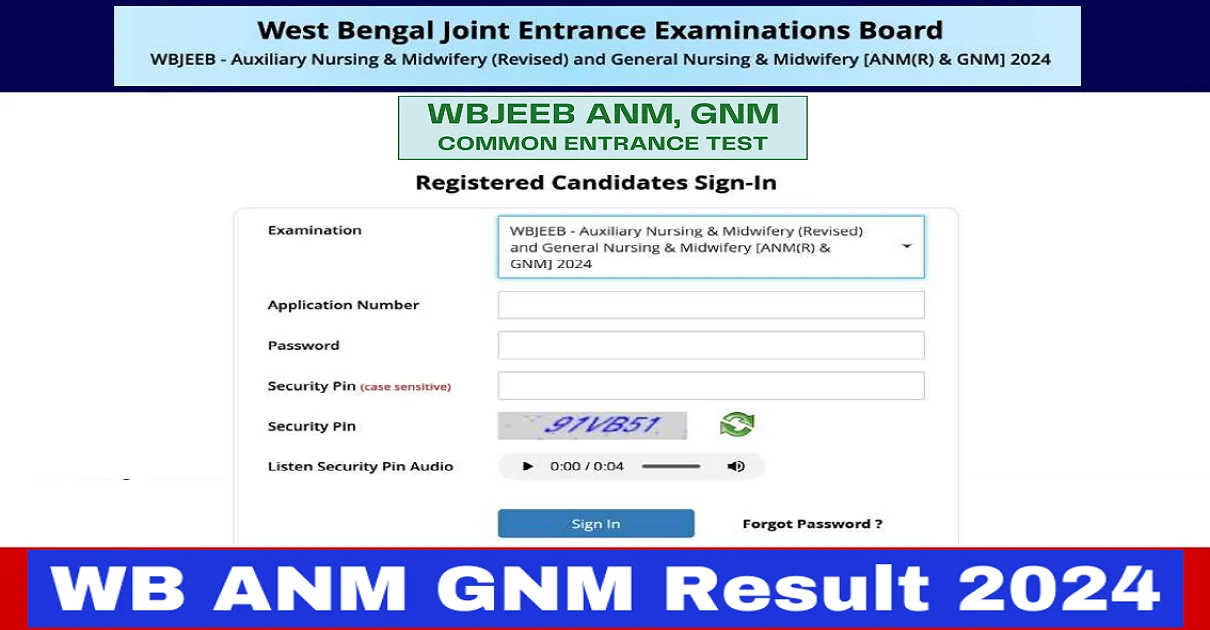Engineering is one of the most sought-after career choices in India. Each year, millions of students aspire to join prestigious engineering institutes across the country. To streamline this admission process, various engineering entrance exams are conducted at the national, state, and university levels. This article provides a comprehensive overview of the key engineering entrance exams in India, their eligibility criteria, exam patterns, and preparation tips.
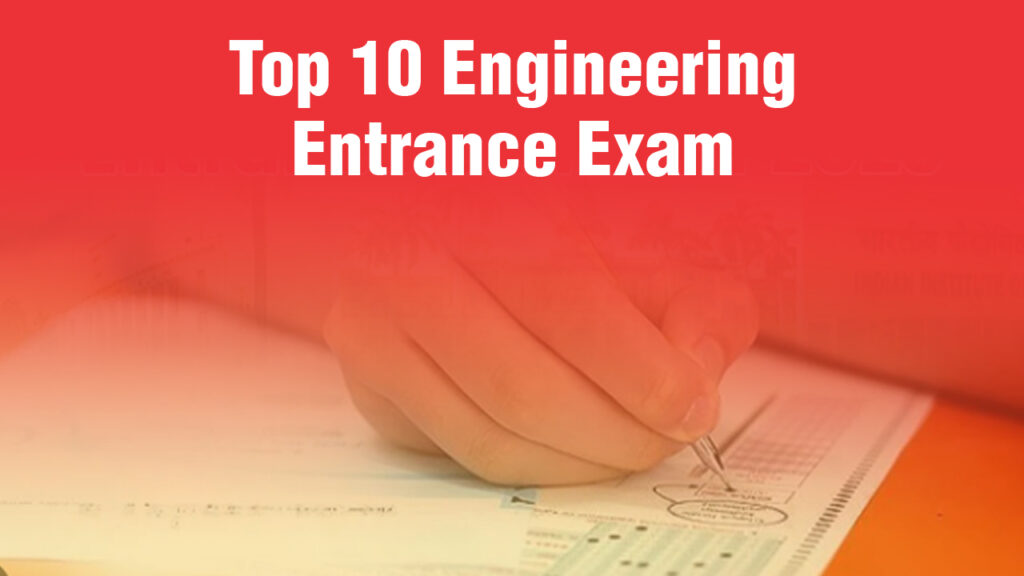
Engineering Entrance Exams in India
Engineering entrance exams are crucial gateways for students aiming to secure a seat in reputed engineering colleges. These exams test candidates on their understanding of subjects like Physics, Chemistry, and Mathematics. The competition is intense, and a well-planned strategy is essential to succeed. Let’s delve into the various engineering entrance exams in India, starting with the national level exams.
National Level Engineering Entrance Exams
JEE Main
The Joint Entrance Examination (JEE) Main is the most prominent national-level engineering entrance exam in India. Conducted by the National Testing Agency (NTA), it serves as the qualifying exam for JEE Advanced and is also the gateway for admission to NITs, IIITs, and other centrally funded technical institutions.
- Eligibility: Candidates must have completed their 10+2 or equivalent examination with Physics, Chemistry, and Mathematics. There is no age limit for appearing in JEE Main.
- Exam Pattern: The exam consists of two papers – Paper 1 for B.E./B.Tech and Paper 2 for B.Arch/B.Planning. Paper 1 has three sections: Physics, Chemistry, and Mathematics, with a total of 90 questions (30 from each section). It is conducted in a computer-based format.
- Preparation Tips: Focus on NCERT textbooks, solve previous years’ question papers, and take mock tests regularly.
JEE Advanced
JEE Advanced is the second stage of the JEE and is conducted for admission to the prestigious Indian Institutes of Technology (IITs). Only the top candidates who qualify JEE Main are eligible to appear for JEE Advanced.
- Eligibility: Candidates must qualify JEE Main and be among the top 2.5 lakh candidates. Additionally, they must have completed their 10+2 with Physics, Chemistry, and Mathematics.
- Exam Pattern: JEE Advanced consists of two papers, each of three hours duration. Both papers have sections on Physics, Chemistry, and Mathematics, and the questions are a mix of multiple-choice, numerical, and match the following types.
- Preparation Tips: In-depth understanding of concepts, regular practice, and taking mock tests are crucial. Joining a coaching institute can also be beneficial.
BITSAT
The Birla Institute of Technology and Science Admission Test (BITSAT) is conducted by BITS Pilani for admission to its campuses in Pilani, Goa, and Hyderabad.
- Eligibility: Candidates should have passed 10+2 with Physics, Chemistry, and Mathematics with at least 75% aggregate marks.
- Exam Pattern: The exam is conducted online and consists of four sections: Physics, Chemistry, Mathematics, and English Proficiency & Logical Reasoning. There are a total of 150 questions.
- Preparation Tips: Emphasize time management and accuracy. Practice with BITSAT-specific mock tests and previous year papers.
VITEEE
The Vellore Institute of Technology Engineering Entrance Examination (VITEEE) is conducted by VIT University for admission to its campuses in Vellore, Chennai, Bhopal, and Amaravati.
- Eligibility: Candidates must have passed 10+2 or equivalent with Physics, Chemistry, and Mathematics/Biology.
- Exam Pattern: The exam consists of multiple-choice questions divided into four sections: Physics, Chemistry, Mathematics/Biology, and English.
- Preparation Tips: Focus on NCERT textbooks and practice mock tests available on the VITEEE official website.
State Level Engineering Entrance Exams
MHT CET
The Maharashtra Common Entrance Test (MHT CET) is conducted for admission to engineering colleges in Maharashtra.
- Eligibility: Candidates should have passed 10+2 or equivalent with Physics, Chemistry, and Mathematics.
- Exam Pattern: The exam consists of three papers – Paper 1 (Mathematics), Paper 2 (Physics & Chemistry), and Paper 3 (Biology, for those applying for B.Pharm courses).
- Preparation Tips: Practice with previous years’ papers and focus on the Maharashtra state board syllabus.
WBJEE
The West Bengal Joint Entrance Examination (WBJEE) is conducted for admission to engineering colleges in West Bengal.
- Eligibility: Candidates should have passed 10+2 with Physics, Chemistry, and Mathematics.
- Exam Pattern: The exam has two papers – Paper 1 (Mathematics) and Paper 2 (Physics & Chemistry). Both papers consist of multiple-choice questions.
- Preparation Tips: Thoroughly study the WBJEE syllabus and solve sample papers regularly.
AP EAMCET
The Andhra Pradesh Engineering, Agriculture and Medical Common Entrance Test (AP EAMCET) is conducted for admission to engineering colleges in Andhra Pradesh.
- Eligibility: Candidates should have passed 10+2 with Physics, Chemistry, and Mathematics.
- Exam Pattern: The exam consists of three sections: Physics, Chemistry, and Mathematics.
- Preparation Tips: Focus on the Andhra Pradesh state board syllabus and practice with mock tests.
TS EAMCET
The Telangana State Engineering, Agriculture and Medical Common Entrance Test (TS EAMCET) is conducted for admission to engineering colleges in Telangana.
- Eligibility: Candidates should have passed 10+2 with Physics, Chemistry, and Mathematics.
- Exam Pattern: The exam consists of three sections: Physics, Chemistry, and Mathematics.
- Preparation Tips: Study the Telangana state board syllabus and take regular mock tests.
University Level Engineering Entrance Exams
SRMJEEE
The SRM Joint Engineering Entrance Examination (SRMJEEE) is conducted by SRM Institute of Science and Technology for admission to its various campuses.
- Eligibility: Candidates should have passed 10+2 or equivalent with Physics, Chemistry, and Mathematics/Biology.
- Exam Pattern: The exam consists of multiple-choice questions in Physics, Chemistry, Mathematics/Biology, and English.
- Preparation Tips: Focus on the SRMJEEE syllabus and practice with mock tests available on the SRM official website.
MET
The Manipal Entrance Test (MET) is conducted by Manipal Academy of Higher Education (MAHE) for admission to its engineering programs.
- Eligibility: Candidates should have passed 10+2 or equivalent with Physics, Chemistry, and Mathematics.
- Exam Pattern: The exam consists of multiple-choice questions in Physics, Chemistry, Mathematics, and English.
- Preparation Tips: Study the MET syllabus and practice with previous years’ question papers.
KIITEE
The Kalinga Institute of Industrial Technology Entrance Examination (KIITEE) is conducted by KIIT University for admission to its engineering programs.
- Eligibility: Candidates should have passed 10+2 or equivalent with Physics, Chemistry, and Mathematics.
- Exam Pattern: The exam consists of multiple-choice questions in Physics, Chemistry, and Mathematics.
- Preparation Tips: Focus on the KIITEE syllabus and practice with mock tests available on the KIIT official website.
Exam Preparation Tips
- Understand the Syllabus and Exam Pattern: Familiarize yourself with the syllabus and exam pattern of the specific entrance exam you are preparing for.
- Create a Study Plan: Develop a realistic study plan that covers all subjects and allows ample time for revision.
- Use Quality Study Material: Refer to NCERT textbooks and other recommended books for in-depth understanding.
- Practice Regularly: Solve previous years’ question papers and take mock tests to improve your speed and accuracy.
- Focus on Weak Areas: Identify and work on your weak areas to ensure a well-rounded preparation.
- Stay Healthy: Maintain a healthy lifestyle with a balanced diet and adequate sleep to keep your mind and body fit for studying.
Conclusion
Engineering entrance exams in India are highly competitive and require dedicated preparation. Understanding the eligibility criteria, exam patterns, and preparation strategies for each exam is crucial for success. Whether you are aiming for national level exams like JEE Main and JEE Advanced, state level exams like MHT CET and WBJEE, or university level exams like BITSAT and VITEEE, a well-structured study plan and consistent effort will help you achieve your goal of securing admission to a prestigious engineering institute. Good luck!

